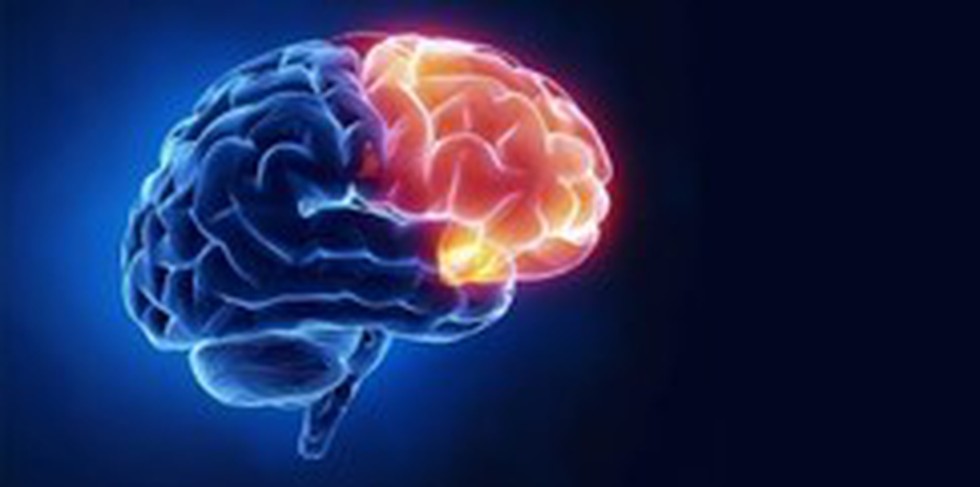About Frontotemporal Dementia (FTD):
- FTD is an uncommon type of dementia that causes problems with behaviour and language.
- Dementia is the name for problems with mental abilities caused by gradual changes and damage to the brain.
- FTD affects the front and sides of the brain (the frontal and temporal lobes).
- Causes:
- The cause of FTD is unknown.
- Researchers have linked certain subtypes of FTD to mutations in several genes.
- Some people with FTD have tiny structures, called Pick bodies, in their brain cells. Pick bodies contain an abnormal amount or type of protein.
- Dementia mostly affects people over 65, but FTD tends to start at a younger age. Most cases are diagnosed in people aged 45-65, although they can also affect younger or older people.
- Like other types of dementia, FTD tends to develop slowly and get gradually worse over several years.
- Symptoms:
- personality and behaviour changes
- language problems
- problems with mental abilities
- memory problems
- There may also be physical problems, such as slow or stiff movements, loss of bladder or bowel control (usually not until later on), muscle weakness, or difficulty swallowing.
- Treatment:
- There's currently no cure for FTD or any treatment that will slow it down.
- But there are treatments that can help control some of the symptoms, possibly for several years.
